Top of the Class Podcast Transcript Library
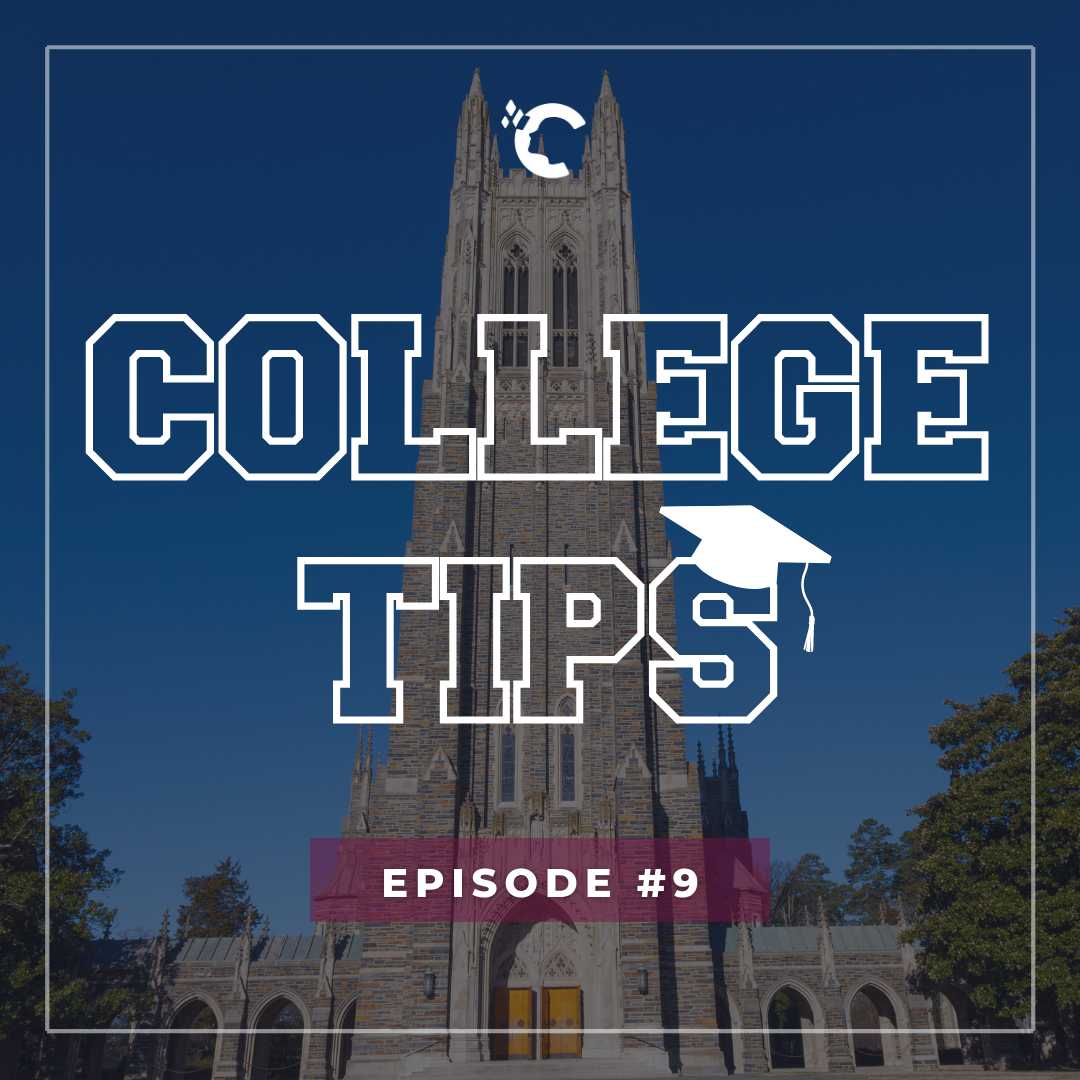
#9 College Tips - The Founders Trend and Why it Won't Always Get You to Top Unis
🗓 MAR 31, 2021
See transcript
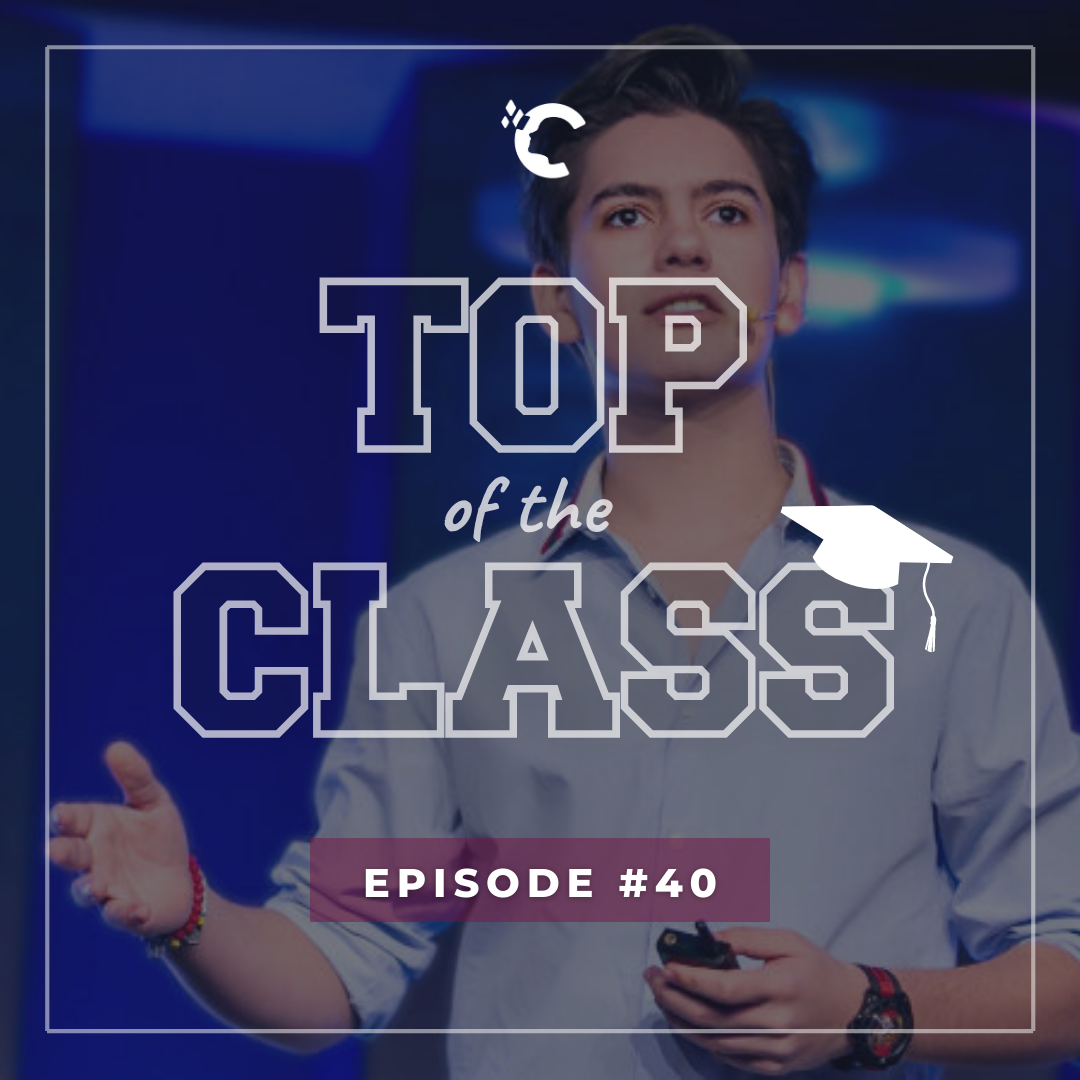
#40 How a 15-year-old Turned a Newsletter Into a Global Social Change Media Company
🗓 MAR 27, 2021
See transcript

#8 College Tips - How to Effectively Research Your Future University with Oxford Grad, Evelyn Wu
🗓 MAR 24, 2021
See transcript

#39 How a TED Talk Unlocked Anagha's Potential
🗓 MAR 20, 2021
See transcript
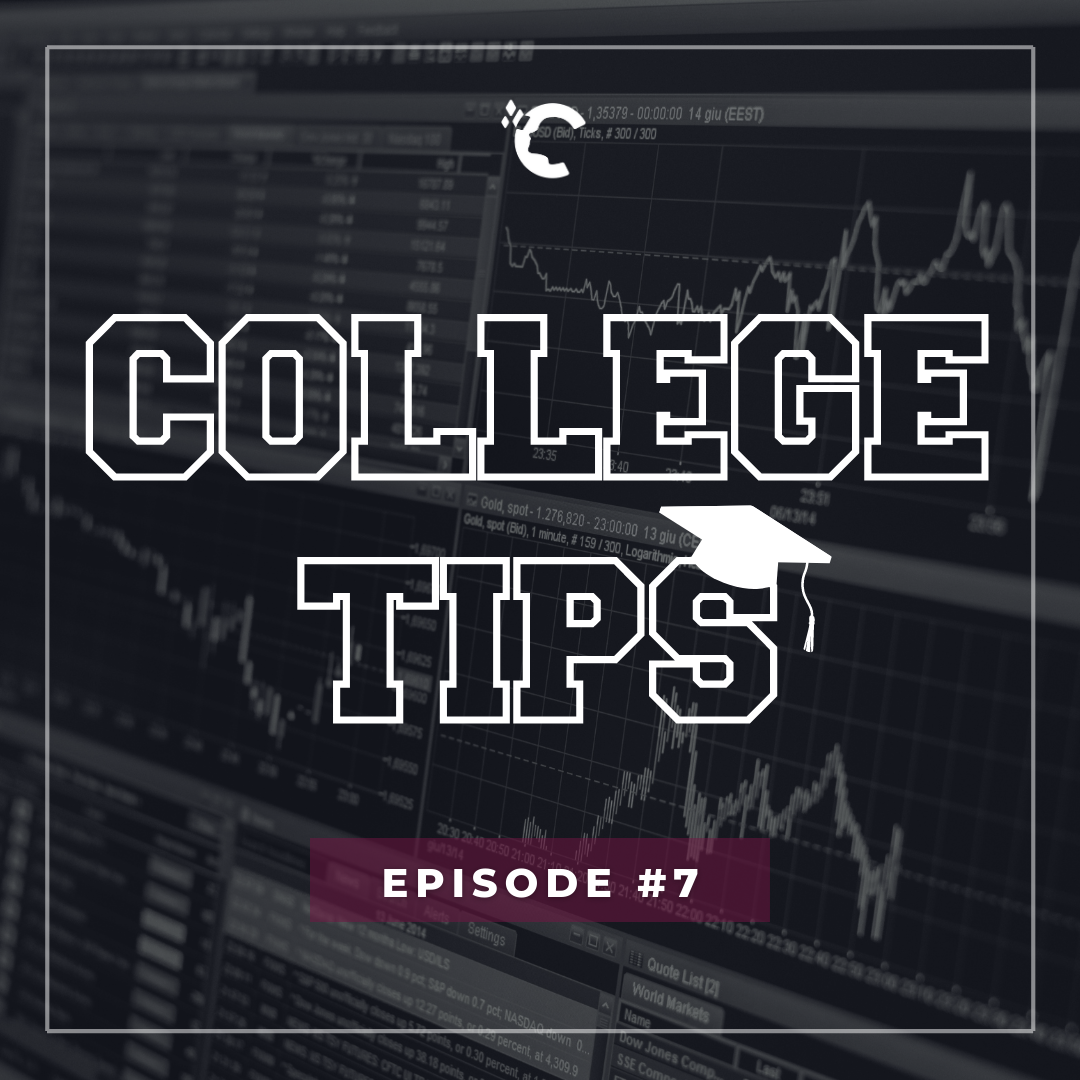
#7 College Tips - The Must Listen Finance and Investing Crash Course with Jamie Beaton
🗓 MAR 17, 2021
See transcript
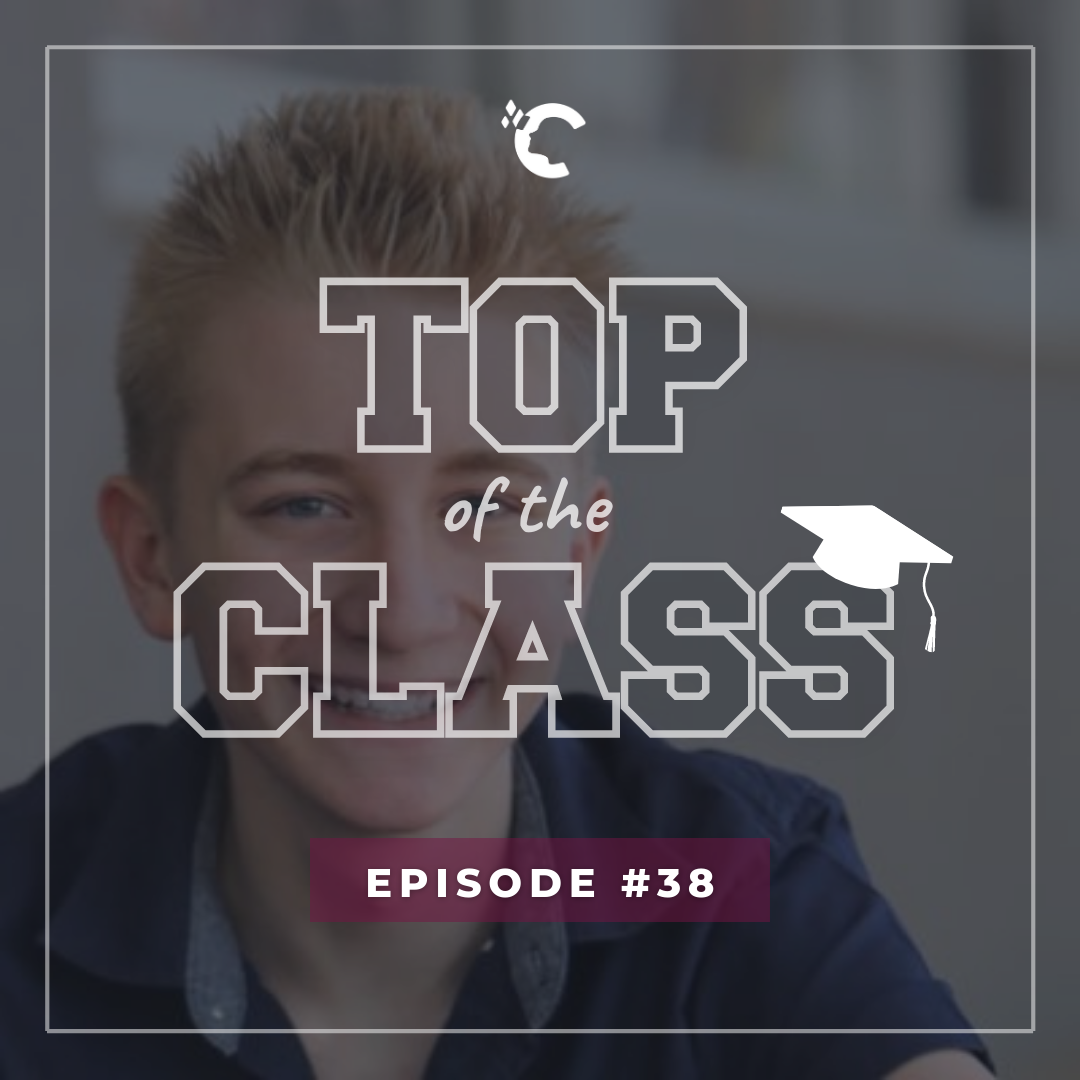
#38 Turning a Family Holiday into a Thriving Business and Simplifying eCommerce
🗓 MAR 13, 2021
See transcript
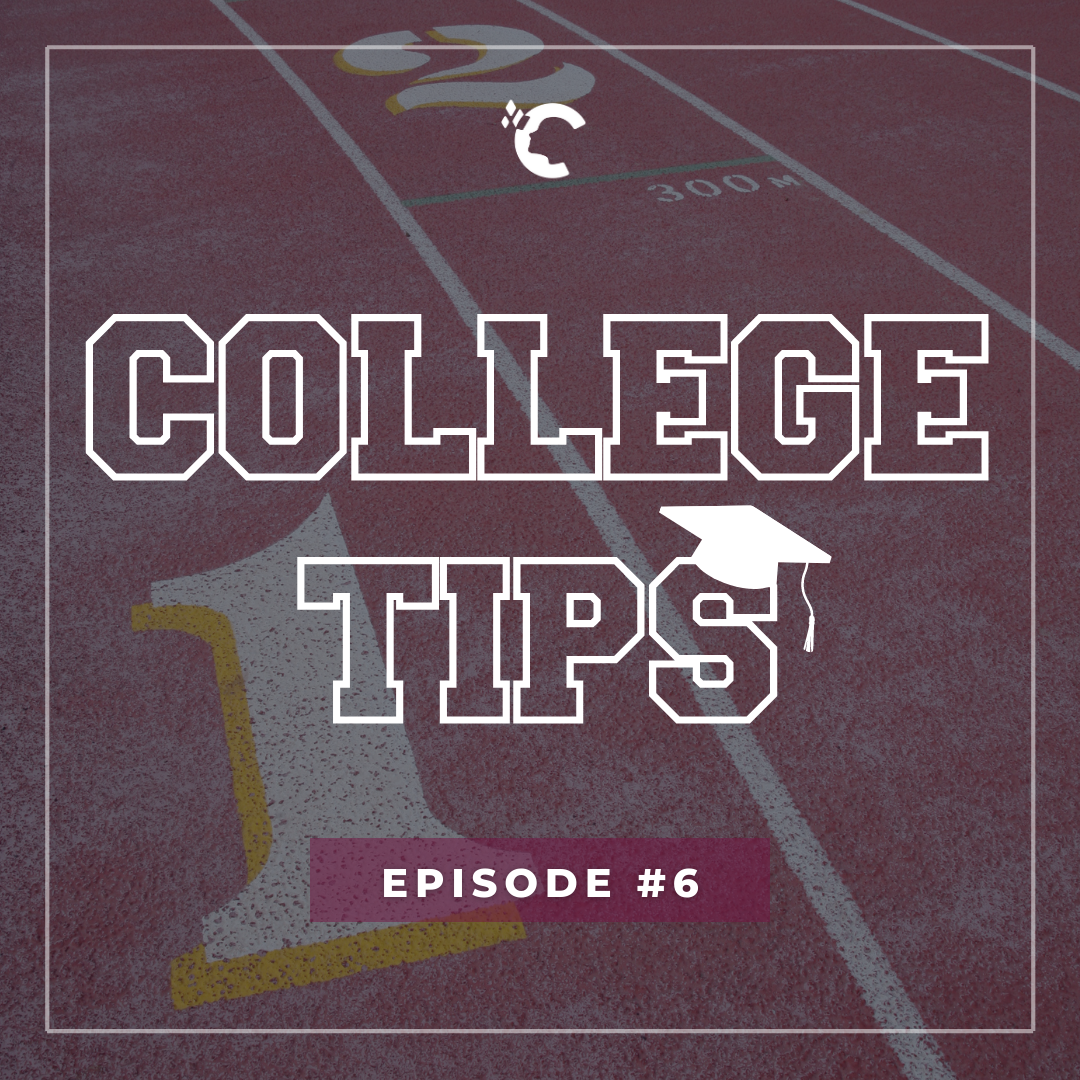
#6 College Tips - The Future of US Sport Scholarships with Harvard Graduate, Bryan Moore
🗓 MAR 10, 2021
See transcript

#37 Cryptos, Gamestop and Getting a Finance Internship in Year 10
🗓 MAR 6, 2021
See transcript

#5 A Deep Dive into the UK Personal Statement with Crimson Strategist, Abbi Colwyn
🗓 MAR 3, 2021
See transcript

#4 Harvard Grad, Gabe Gladstein, on How to Stand out from the Crowd
🗓 FEB 24, 2021
See transcript

#3 Comparing Your University Options: US vs UK vs Canada with Bryn Laxton-Coglon
🗓 FEB 17, 2021
See transcript

#33 How a 15 year-old Started a Revolutionary Global Organisation Using These 3 Steps
🗓 FEB 13, 2021
See transcript

#2 Oxbridge Interview Insights with Former Oxford AO, Hannah Rowberry
🗓 FEB 10, 2021
See transcript

#32 From Failing Math to the Best Selling Author of Advanced Calculus Explored
🗓 FEB 6, 2021
See transcript

Ep#1 Former UChicago Admission Officer, Steve Han, on Passion into Applications
🗓 FEB 3, 2021
See transcript

#31 Starting a Million Dollar Investment Company in High School
🗓 JAN 30, 2021
See transcript

#30 Starting a Podcast in High School and Creating a More Inclusive Hong Kong
🗓 JAN 27, 2021
See transcript

Ep #29 Publishing a Book and Teaching Epidemiology to Fight COVID
🗓 JAN 23, 2021
See transcript

Ep #28 The 12-Year-Old Studying Aerospace Engineering at a Top US College
🗓 JAN 20, 2021
See transcript

Ep #27 Building Businesses that Change the World with Young Australian of the Year, Nathaniel Diong
🗓 JAN 16, 2021
See transcript

Ep #26 Making Change Through Advocacy, Action and Insects With Astro Adara
🗓 JAN 13, 2021
See transcript

Ep #25 Winning a Child Genius Show and Study Tips Worth Remembering!
🗓 JAN 9, 2021
See transcript

Ep #24 TIME's Kid of the Year, Gitanjali Rao, on Science, Education and a Problem Solving Mindset
🗓 JAN 6, 2021
See transcript
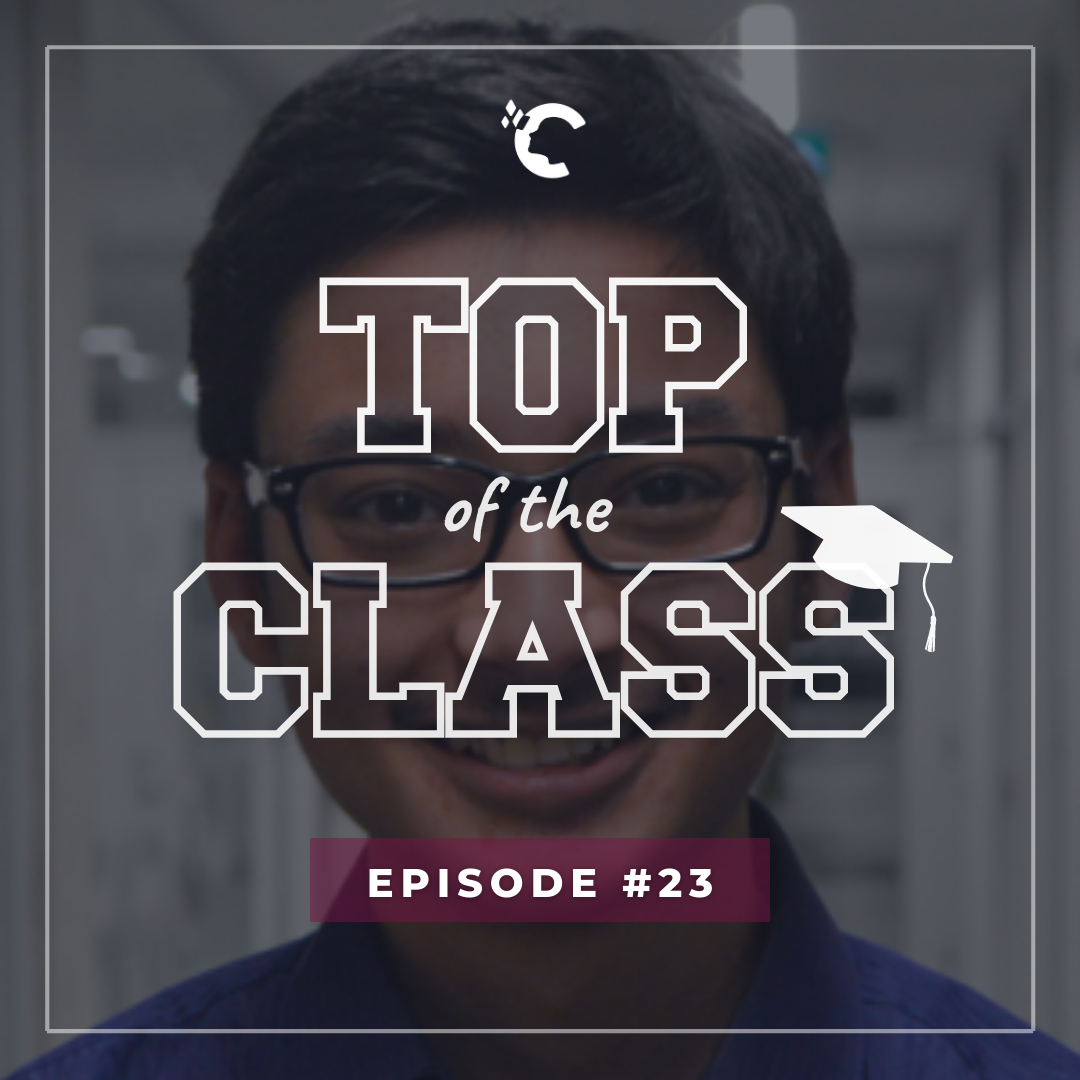
Ep #23 Pitching to Investors and Developing Biotechnology in High School
🗓 JAN 2, 2021
See transcript

Ep #22 Getting a Scholarship to Oxford and the Importance of the Arts
🗓 DEC 30, 2020
See transcript
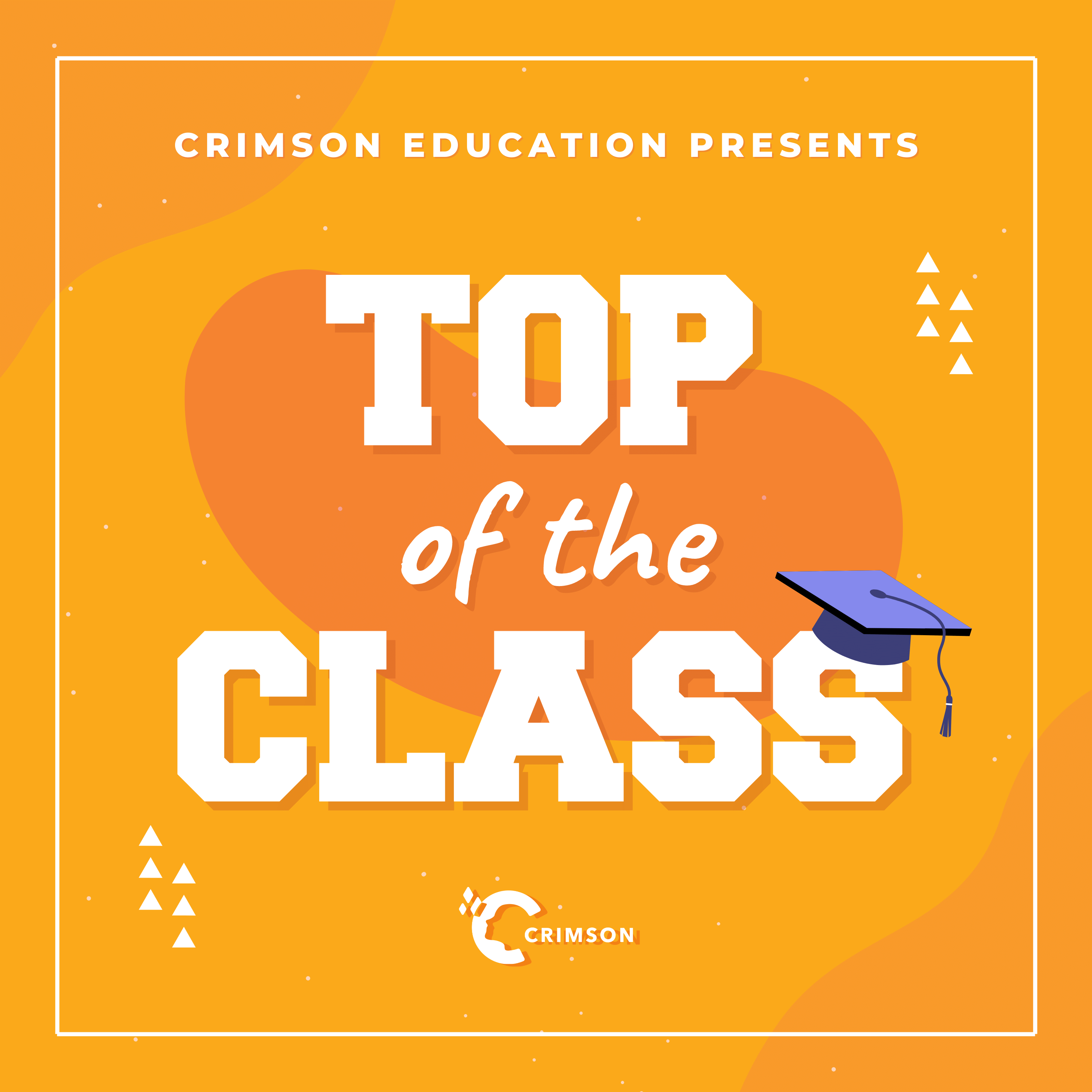
Wrapping up 2020! Jamie and Alex on Lessons Learned and College Admissions
🗓 DEC 24, 2020
See transcript

Ep #21 How to Learn 14 Coding Languages and Run a Global Blog
🗓 DEC 23, 2020
See transcript

Ep #20 MIT's Student Body President on Leadership, Applications and Hope
🗓 DEC 19, 2020
See transcript

Ep #19 Building Companies, Writing Books and getting into Harvard Business School
🗓 DEC 16, 2020
See transcript

Ep #18 A Voice for Social Justice Goes Global
🗓 DEC 12, 2020
See transcript

Ep #17 Starting an App Development Company in High School
🗓 DEC 9, 2020
See transcript

Ep #16 Winning the Google Science Fair and Fighting Plastic Pollution
🗓 DEC 4, 2020
See transcript
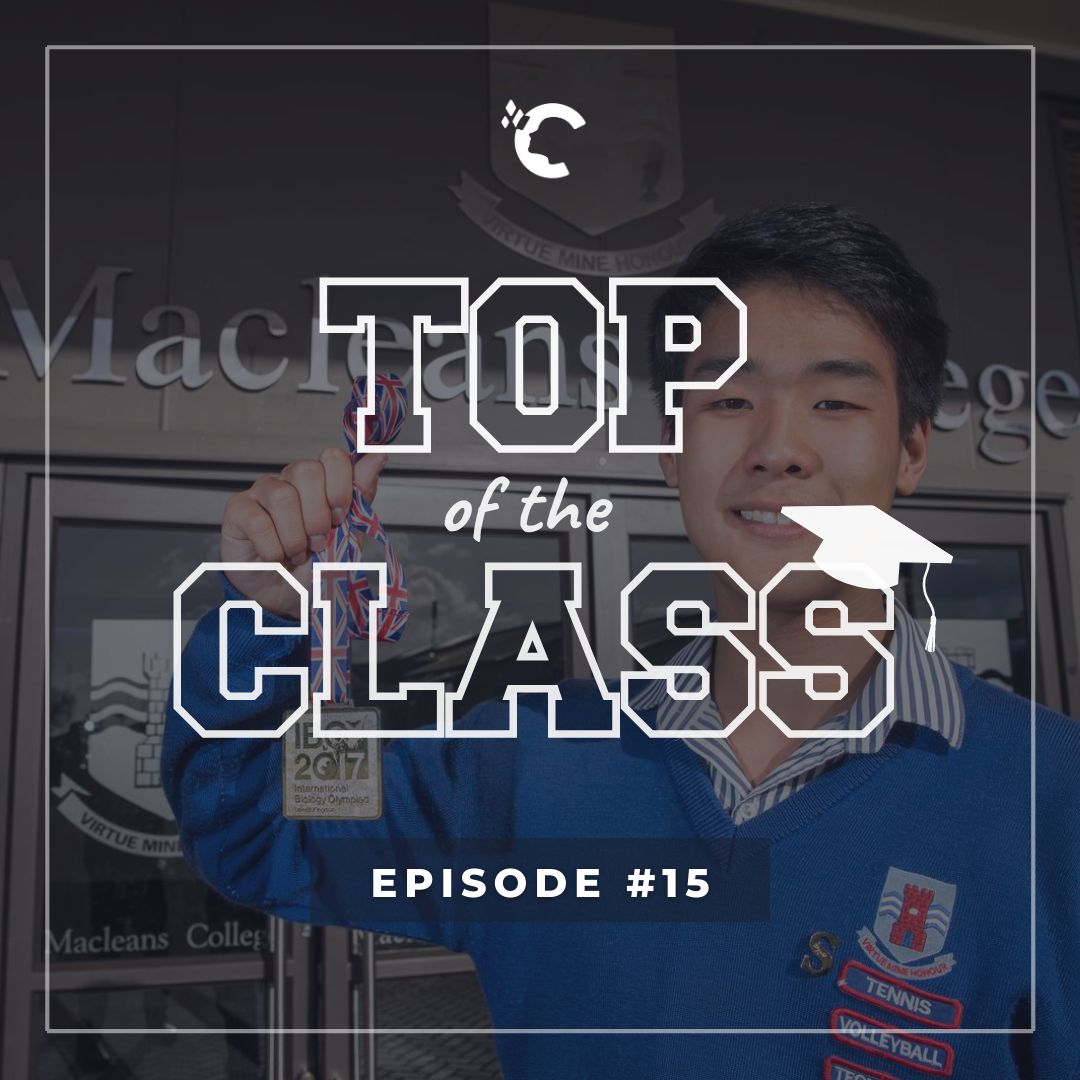
Ep #15 Winning Olympiad Medals and Life at Harvard with Ben Zhang
🗓 DEC 2, 2020
See transcript
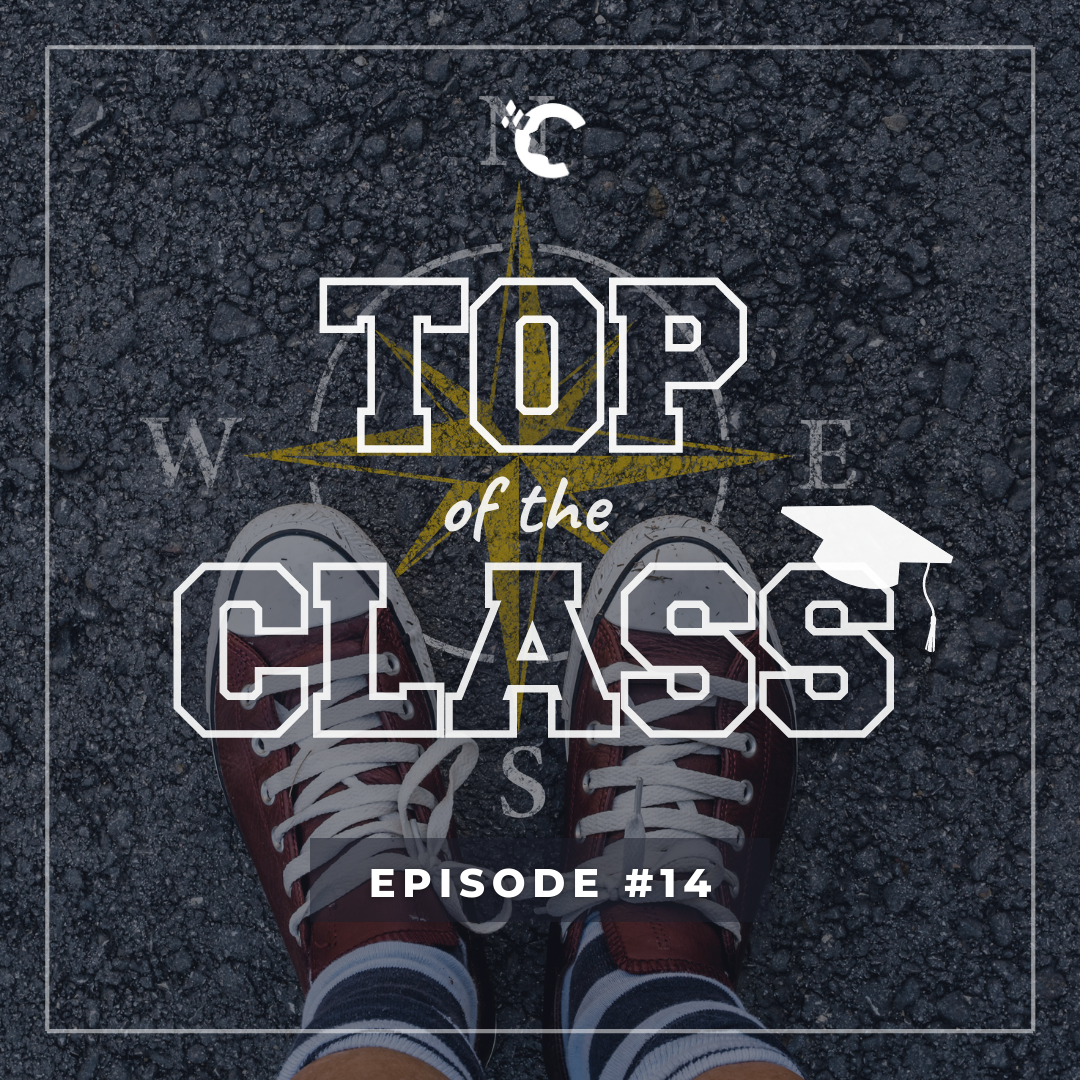
Ep #14 Figuring Out Your Post-School Path
🗓 NOV 30, 2020
See transcript

Ep #13 How to Approach Any Application and be an Effective Student Leader
🗓 NOV 27, 2020
See transcript
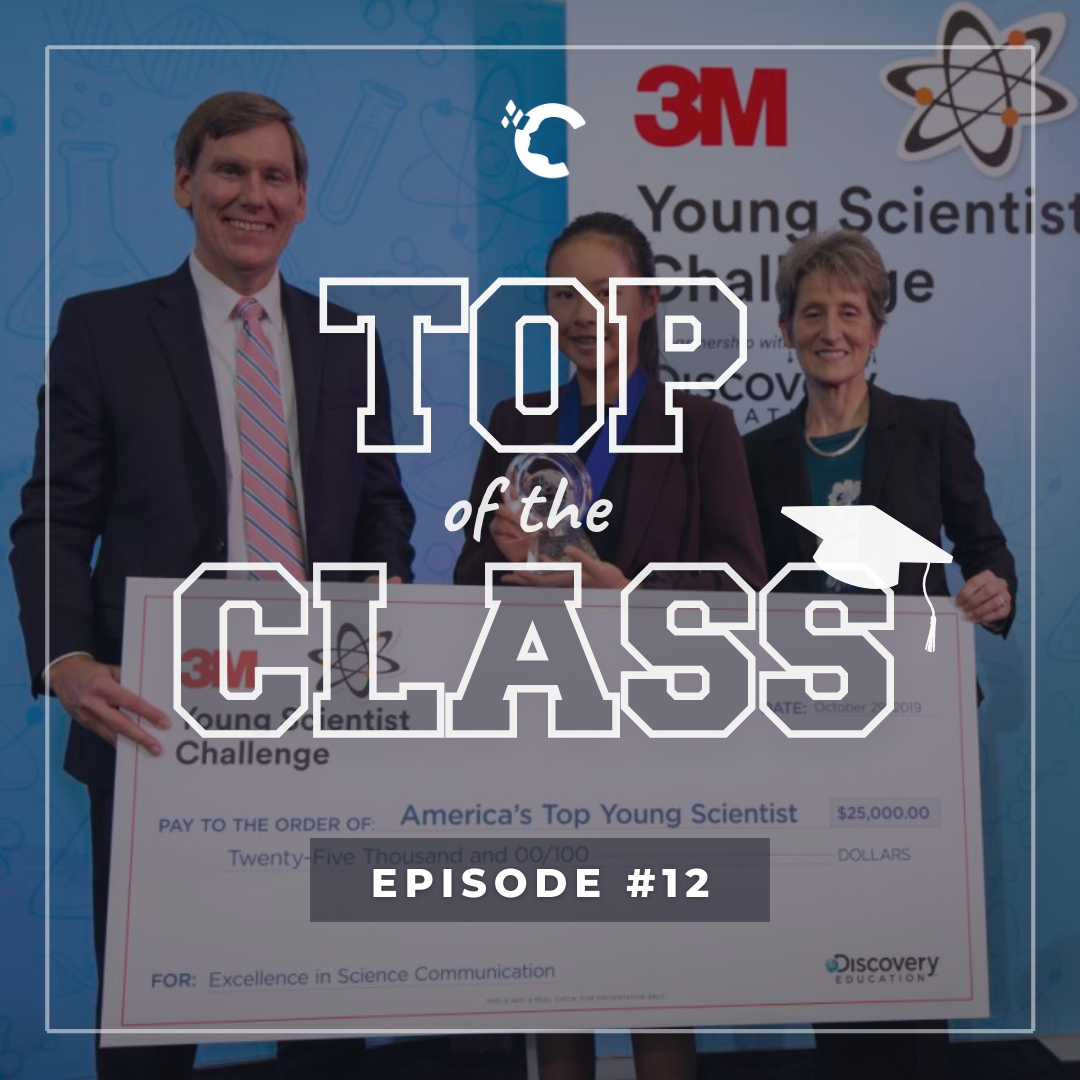
Ep #12 From Idea to Innovation with America's Top Young Scientist for 2019
🗓 NOV 25, 2020
See transcript

Ep #11 Creating Global Impact Through e-Learning and Student Organisations
🗓 NOV 23, 2020
See transcript

Ep #10 Where a Passion for Science Can Lead You
🗓 NOV 20, 2020
See transcript

Ep #9 How a 17-year-old is Helping Thousands Fight Phone Addiction
🗓 NOV 19, 2020
See transcript

Ep #8 Sir John Key on School, Skills and Careers of the Future
🗓 NOV 14, 2020
See transcript

Ep #7 Creating an International Debating Competition
🗓 NOV 12, 2020
See transcript
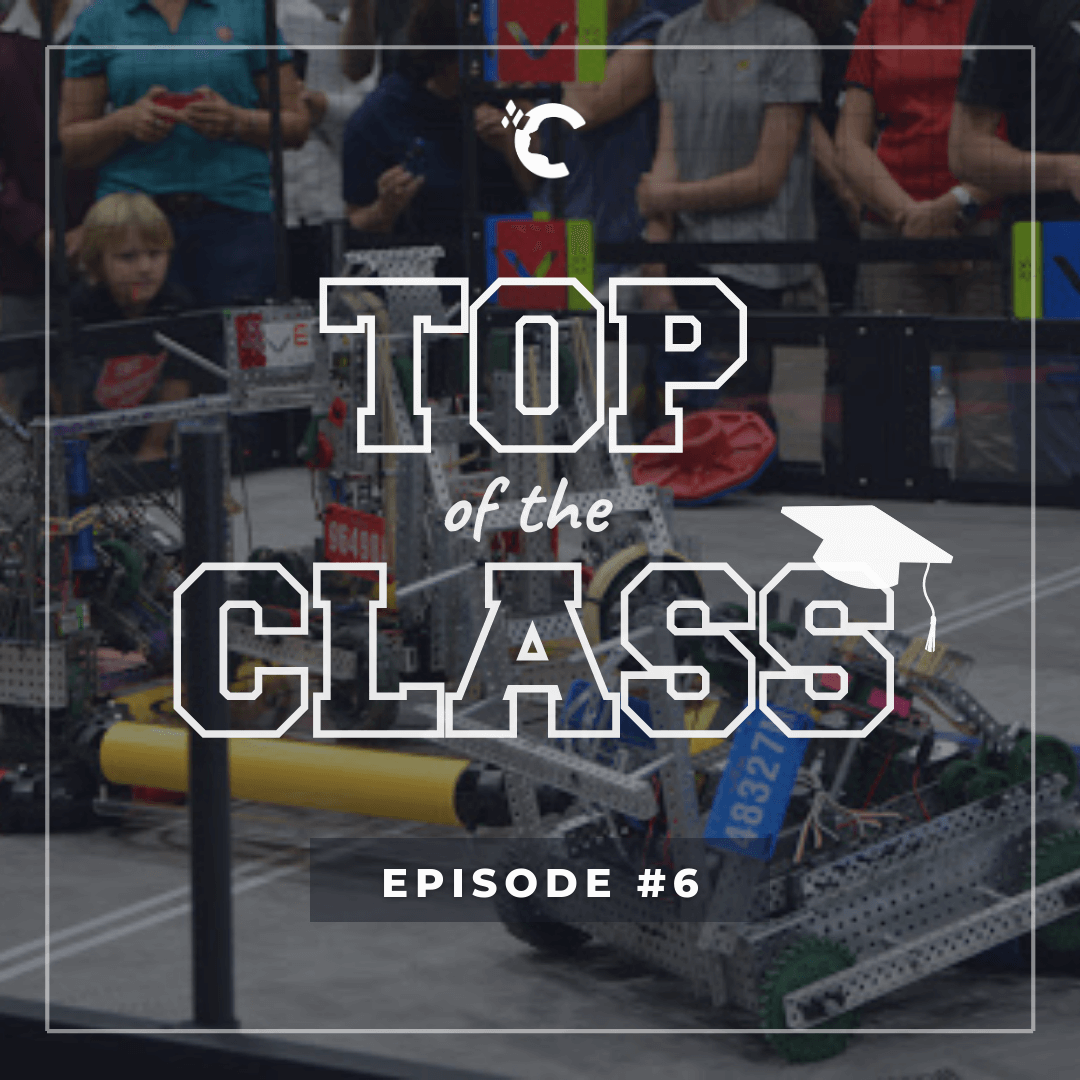
Ep #6 Winning the VEX Robotics World Championship and Breaking Glass Ceilings in STEM
🗓 NOV 9, 2020
See transcript
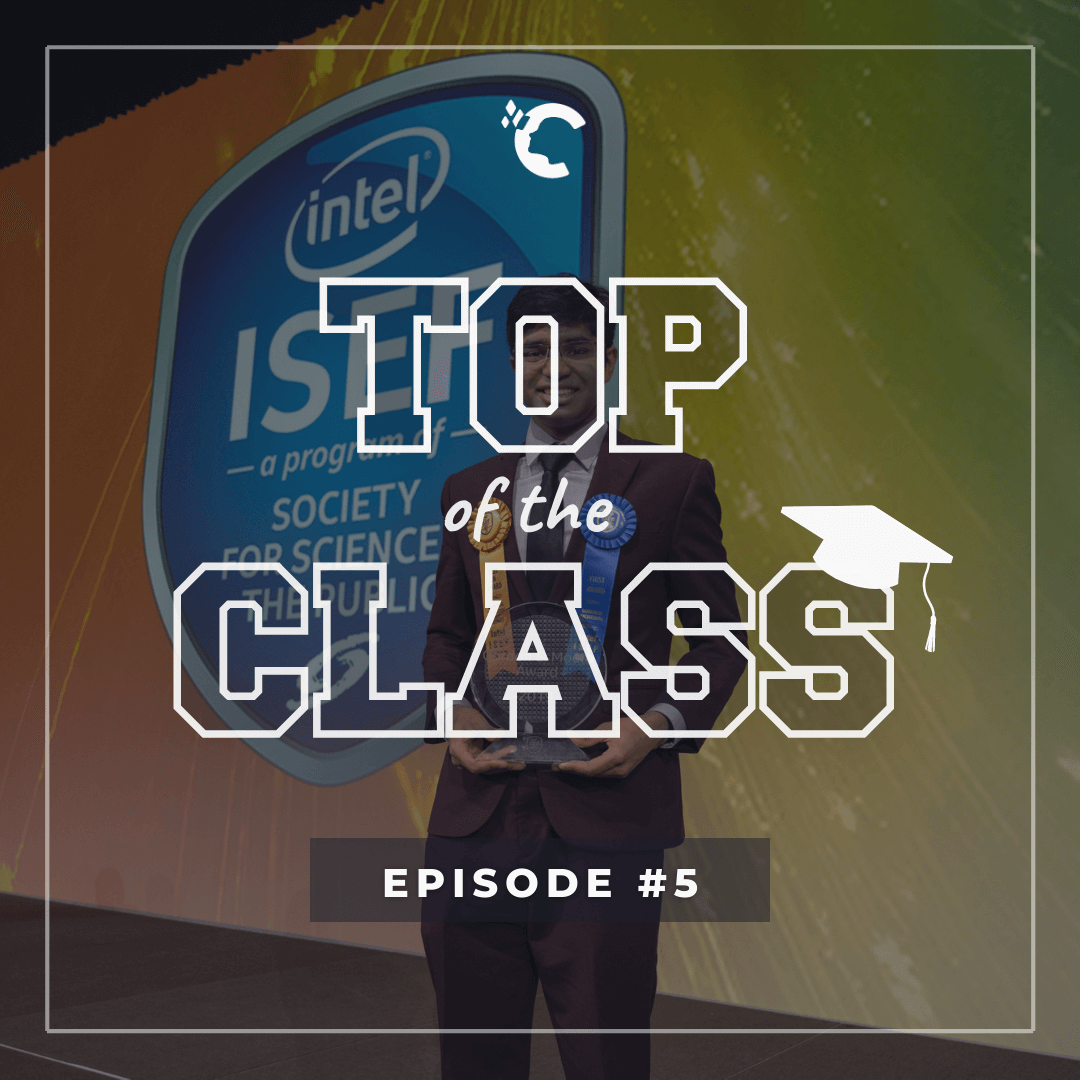
Ep #5 Winning the Intel Science and Engineering Fair
🗓 NOV 7, 2020
See transcript
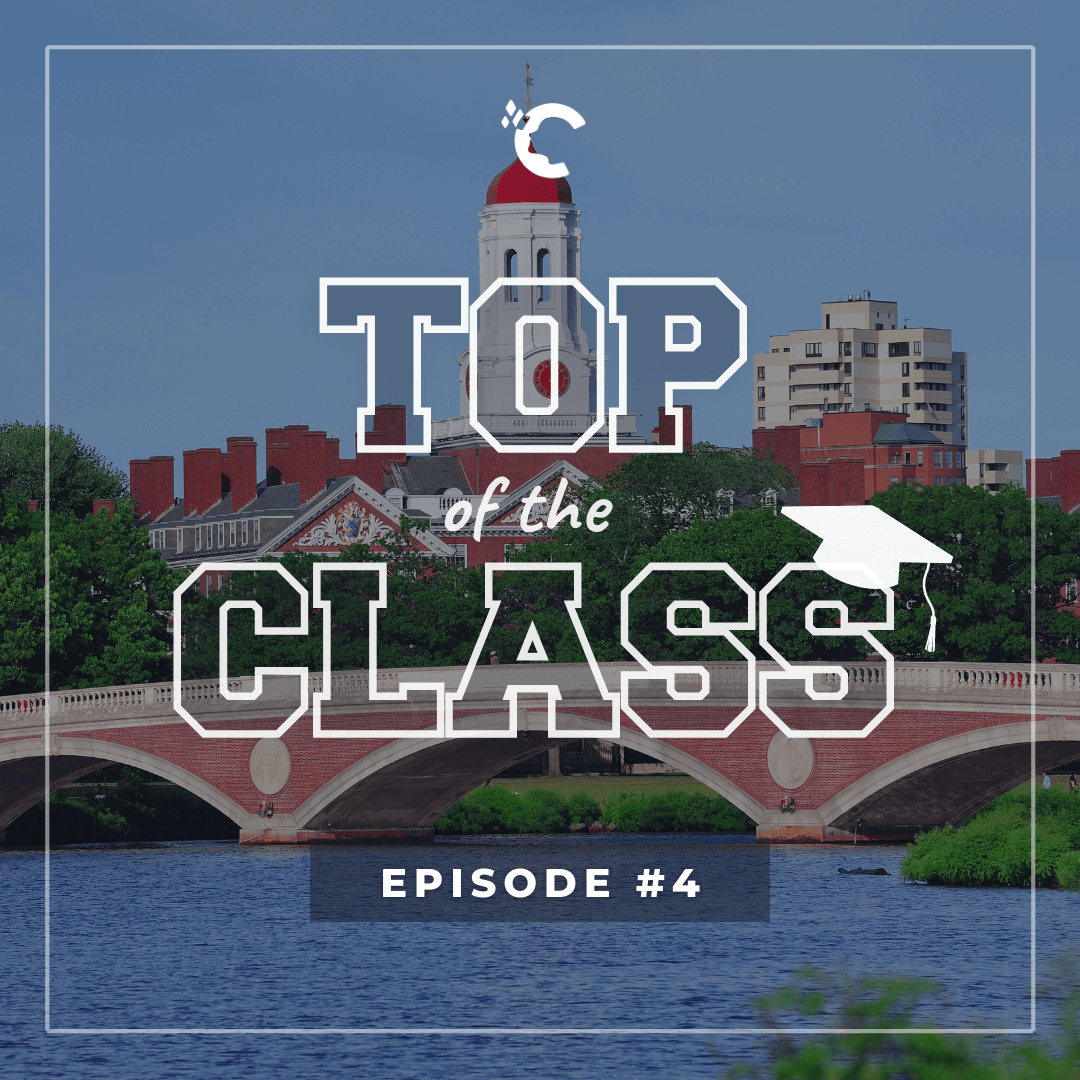
Ep #4 Life After Harvard and Getting Into Y Combinator
🗓 NOV 5, 2020
See transcript
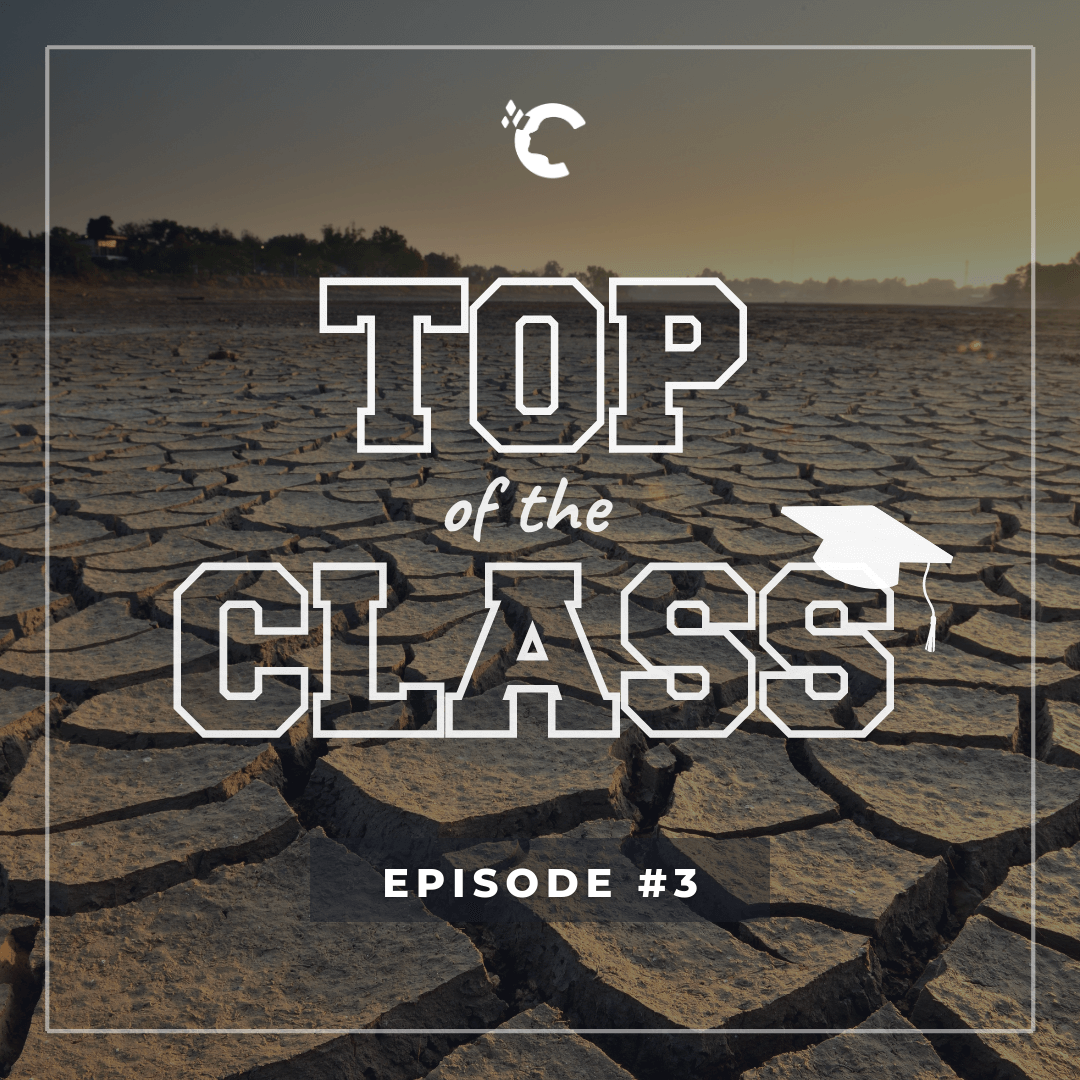
Ep #3 Raising $1.8M for Charity Before High School
🗓 NOV 3, 2020
See transcript
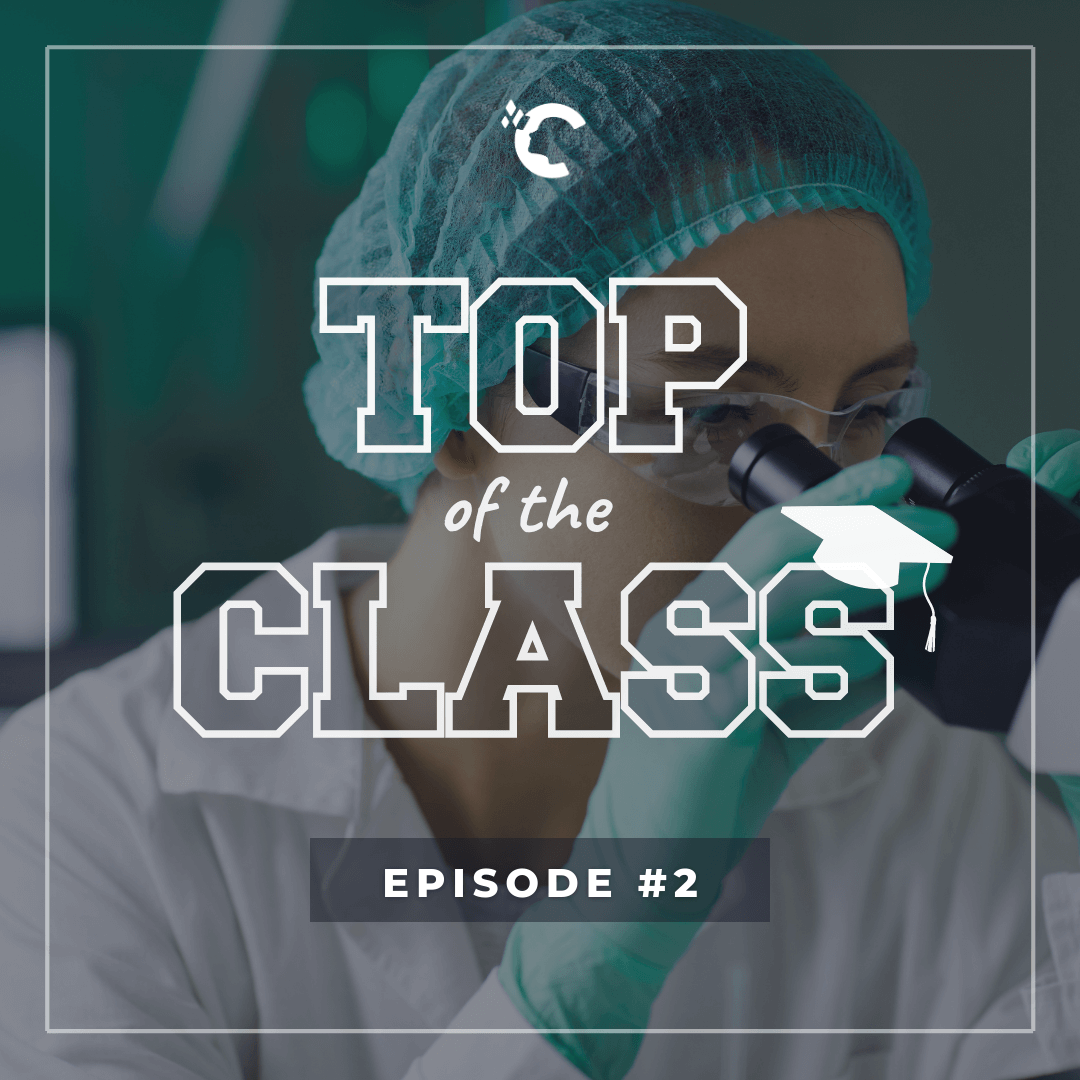
Ep #2 Medical Research in High School and Student-Run Organisations
🗓 OCT 31, 2020
See transcript

Ep #1 How to Win a Global Case Comp
🗓 OCT 28, 2020
See transcript